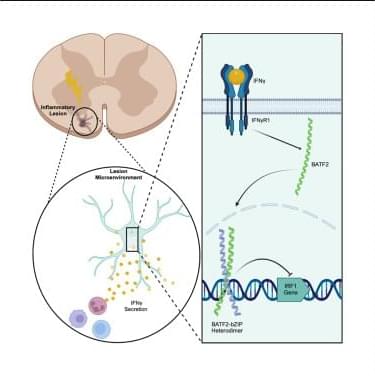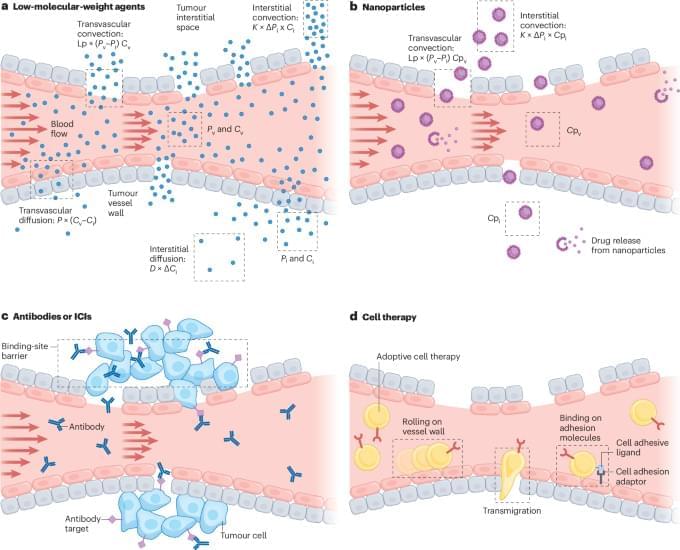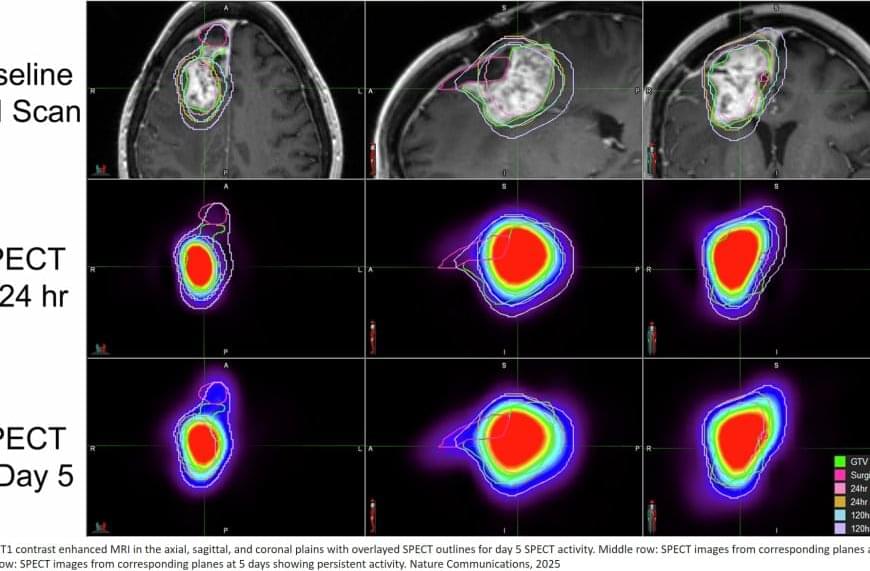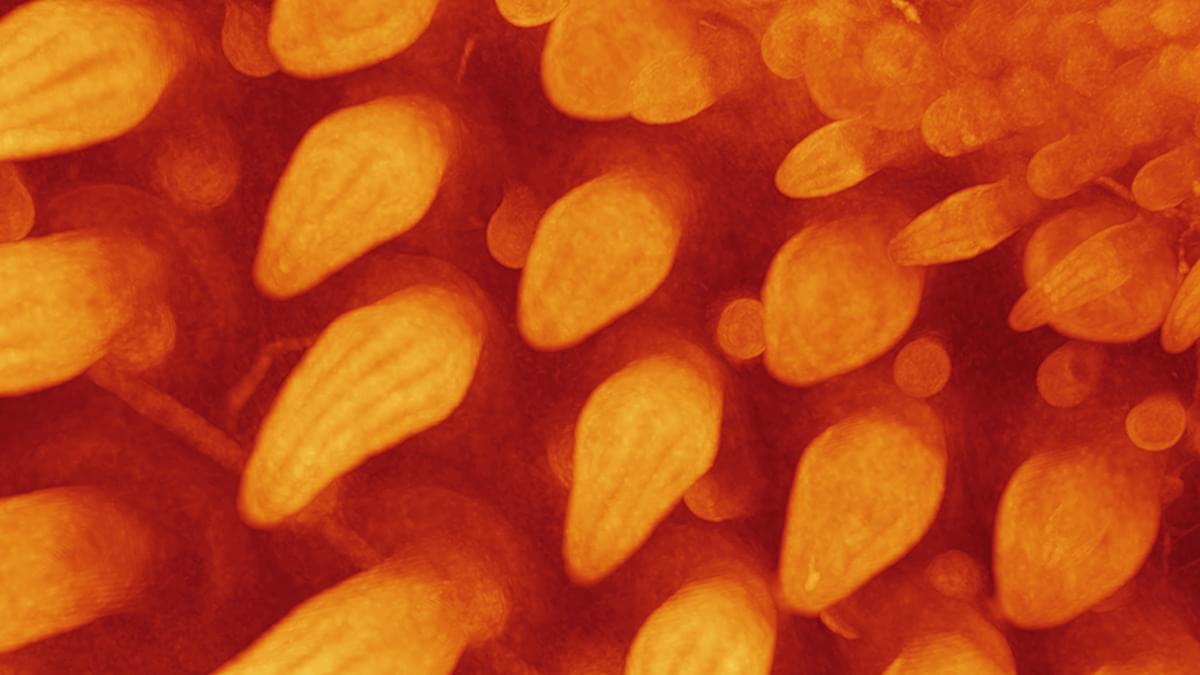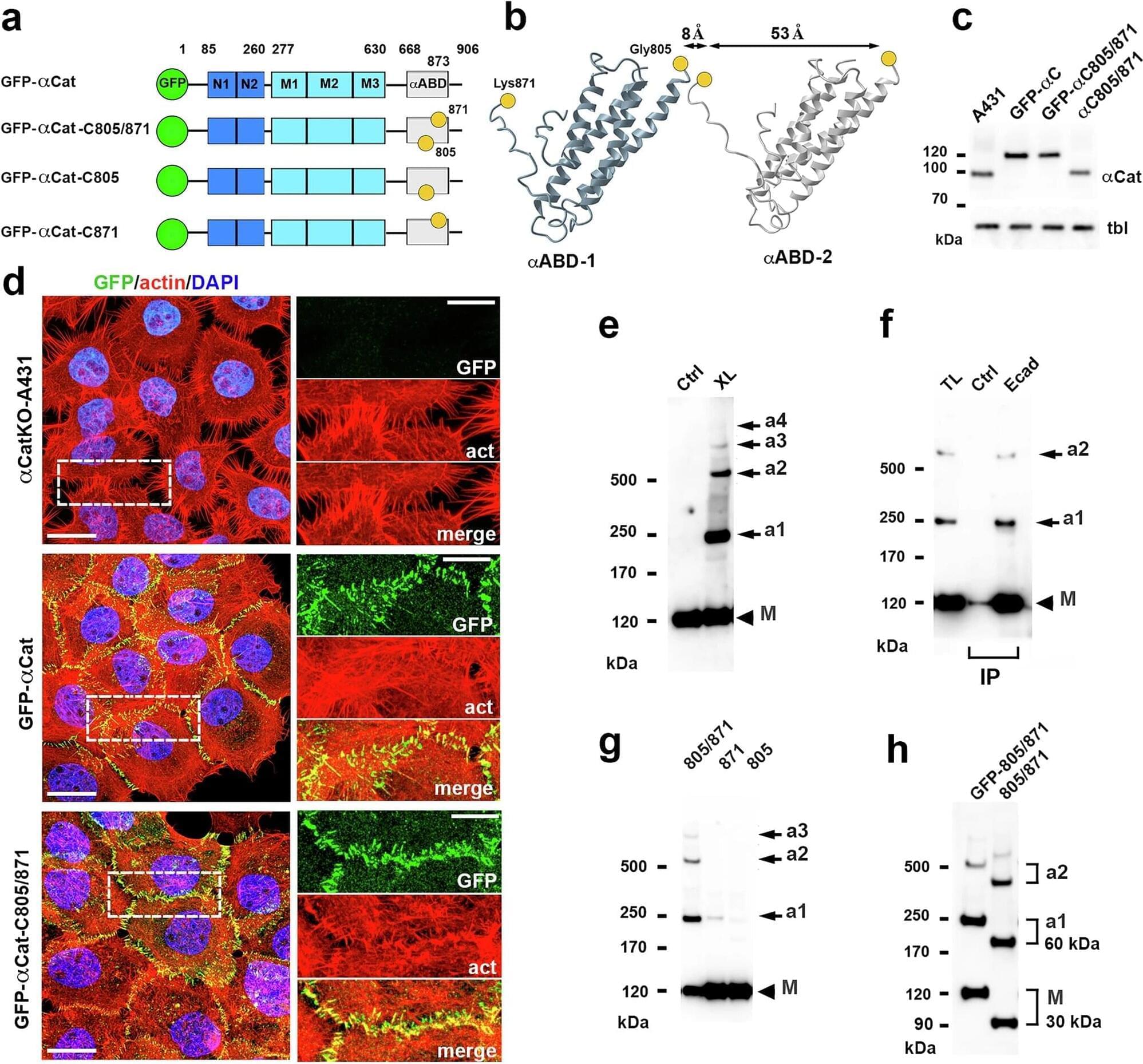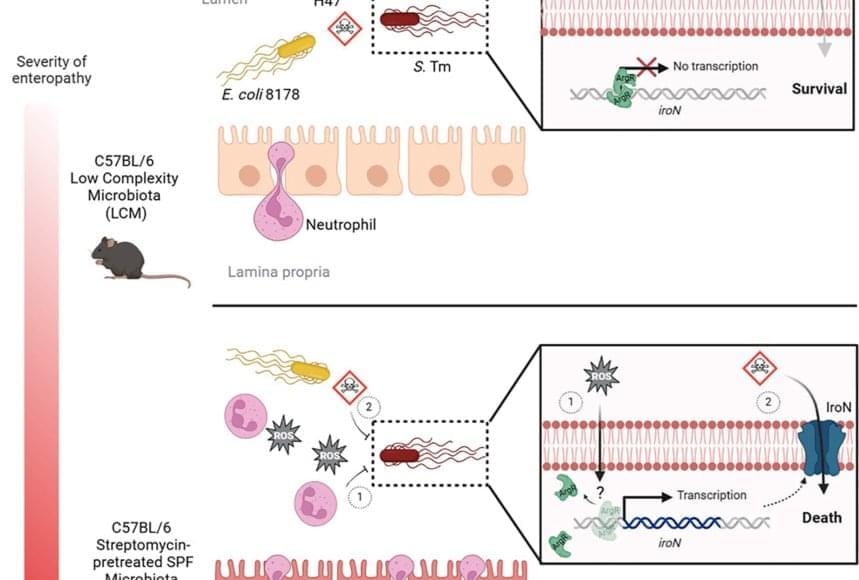Mechanism of neuroinflammation protection by astrocytes.
How astrocytes controls neuroinflammation is not clearly understood.
The researchers demonstrate that the upregulation of basic leucine zipper ATF-like transcription factor (BATF)2 downstream of IFNg regulates the inflammatory potential of astrocytes during neuroinflammation.
In vivo evidence suggests that BATF2 limits CNS autoimmunity and the expression of IFNg-driven inflammatory mediators.
Mechanistically, BATF2 binds and prevents the overexpression of IFN regulatory factor (IRF)1 and IRF1 targets such as caspase-1. Batf2−/− mice exhibit exacerbated clinical disease severity in a murine model of central nervous system autoimmunity and express increased astrocyte-specific IRF1 and caspase-1, suggesting an amplified IFN response in vivo.
They also demonstrate that BATF2 expressed primarily in astrocytes within multiple sclerosis lesions and that this expression is colocalized with IRF1.
These data suggest that BATF2 contributes to protective mechanisms in astrocytes during chronic neuroinflammation. https://sciencemission.com/BATF2-and-neuroinflammation
